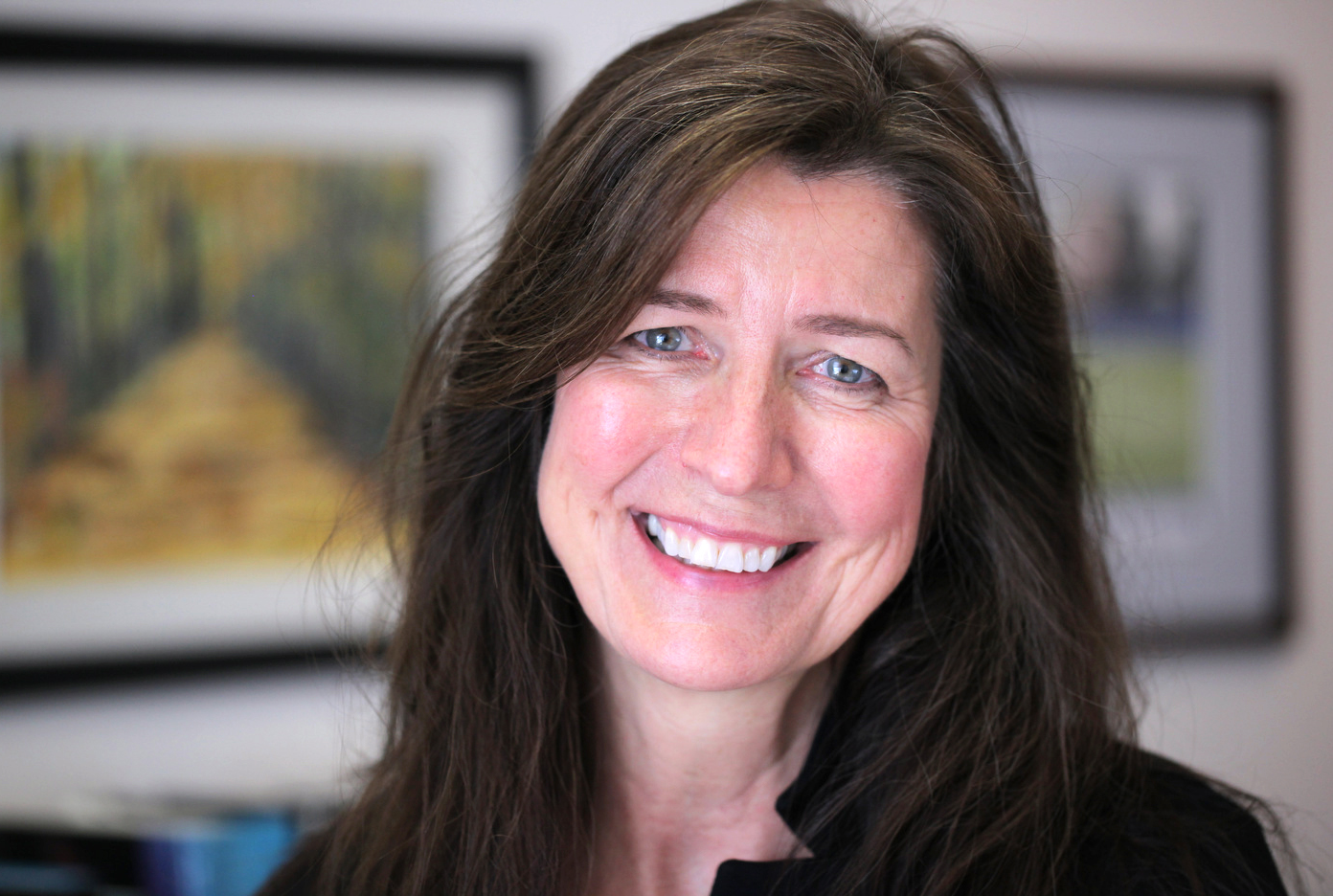Weill Cornell-Led Study Looks at Delayed Gratification in Adults First Tested With Marshmallows and Cookies as Pre-Schoolers
Researchers Find Aptitude for Delaying Gratification Is Consistent From Childhood Into Adulthood
NEW YORK (Aug. 31, 2011) — A landmark study in the late 1960s and early 1970s used marshmallows and cookies to assess the ability of preschool children to delay gratification. If they held off on the temptation to eat a treat, they were rewarded with more treats later. Some of the children resisted, others didn't.
A newly published follow-up revisits some of the same children, now adults, revealing that these differences remain: Those better at delaying gratification as children remained so as adults; likewise, those who wanted their cookie right away as children were more likely to seek instant gratification as adults. Furthermore, brain imaging showed key differences between the two groups in two areas: the prefrontal cortex and the ventral striatum. The findings are published in the Aug. 29 edition of the Proceedings of the National Academy of Sciences.
"This is the first time we have located the specific brain areas related to delayed gratification. This could have major implications in the treatment of obesity and addictions," says lead author Dr. B.J. Casey, director of the Sackler Institute for Developmental Psychobiology at Weill Cornell Medical College and the Sackler Professor of Developmental Psychobiology.
In the current study, Dr. Casey and her co-investigators recruited 59 adults who participated as young children in the original study and represented either extreme of the delayed-gratification spectrum — high delayers and low delayers. Because marshmallows and cookies can be less rewarding to adults, the researchers substituted two tests. In the first, participants looked at a screen displaying a series of faces and were asked to signal only when a face of one gender was shown. This "cool" test revealed no significant differences between the two groups. A second, "hot" test used emotional cues such as a happy or frightened face. These results were much more varied and revealed that aptitude for delayed gratification was consistent from childhood into adulthood.
"In this test, a happy face took the place of the marshmallow. The positive social cue interfered with the low delayer's ability to suppress his or her actions," explains Dr. Casey.
The second test was then repeated while the participant's brain was scanned using functional magnetic resonance imaging (fMRI). The results showed that the brain's prefrontal cortex was more active for high delayers and the ventral striatum — an area linked to addictions — was more active in low delayers.
The original marshmallows and cookies study was led by Dr. Walter Mischel, a co-author of the current study and the Niven Professor of Humane Letters at Columbia University.
Additional authors include Leah H. Somerville, Theresa Teslovich and Nicholas Franklin of Weill Cornell Medical College; Vivian Zayas of Cornell University, Ithaca, N.Y.; Gary Glover and Ian H. Gotlib of Stanford University; Ozlem Ayduk of the University of California, Berkeley; Mary Askren, John Jonides and Marc G. Berman of the University of Michigan, Ann Arbor; and Yuichi Shoda and Nicole L. Wilson of the University of Washington, Seattle. Funding for this multi-site study was provided by the National Institutes of Health (PIs: Drs. Casey and Mischel) and the National Science Foundation (PI: Dr. Shoda).
The Sackler Institute at Weill Cornell Medical College
The Sackler Institute for Developmental Psychobiology at Weill Cornell Medical College, established and endowed in 1996 by The Sackler Foundation-La Fondation Sackler and certain Mortimer D. Sackler family members and related entities, is focused on research and training using the techniques of brain imaging, human genetics, electrophysiology and behavioral methods to study typical and atypical human brain development. The Sackler Institute at Weill Cornell is one of six Sackler Institutes, programs and centers; others include Columbia University Medical Center; Universities of Edinburgh and Glasgow; University of Sussex; and McGill University.
Weill Cornell Medical College
Weill Cornell Medical College, Cornell University's medical school located in New York City, is committed to excellence in research, teaching, patient care and the advancement of the art and science of medicine, locally, nationally and globally. Physicians and scientists of Weill Cornell Medical College are engaged in cutting-edge research from bench to bedside, aimed at unlocking mysteries of the human body in health and sickness and toward developing new treatments and prevention strategies. In its commitment to global health and education, Weill Cornell has a strong presence in places such as Qatar, Tanzania, Haiti, Brazil, Austria and Turkey. Through the historic Weill Cornell Medical College in Qatar, Cornell University is the first in the U.S. to offer a M.D. degree overseas. Weill Cornell is the birthplace of many medical advances — including the development of the Pap test for cervical cancer, the synthesis of penicillin, the first successful embryo-biopsy pregnancy and birth in the U.S., the first clinical trial of gene therapy for Parkinson's disease, and most recently, the world's first successful use of deep brain stimulation to treat a minimally conscious brain-injured patient. Weill Cornell Medical College is affiliated with NewYork-Presbyterian Hospital, where its faculty provides comprehensive patient care at NewYork-Presbyterian Hospital/Weill Cornell Medical Center. The Medical College is also affiliated with the Methodist Hospital in Houston. For more information, visit weill.cornell.edu.
Takla Boujaoude
tab2016@med.cornell.edu

